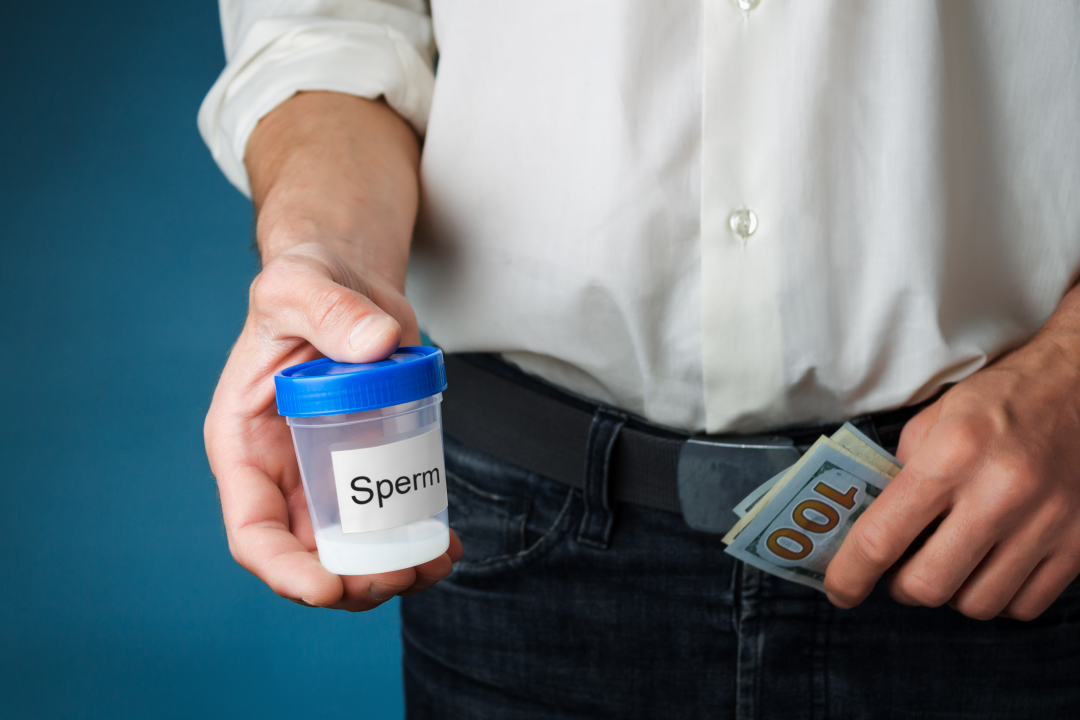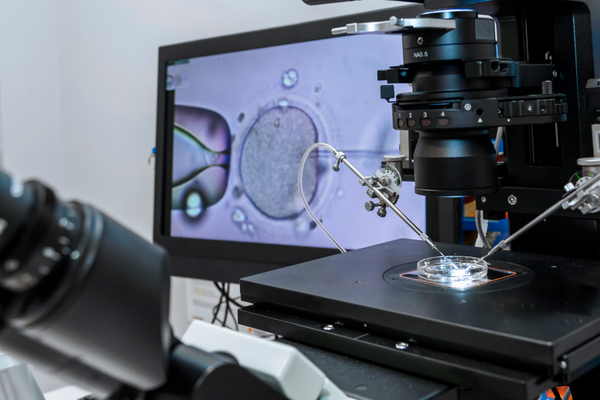Published Aug 13, 2023
Screening Process for Sperm Donors and Compensation
A sperm donor is a male who provides sperm-containing sperm to a couple or a single woman attempting to conceive. Women may find themselves struggling in the area of reproduction for one reason or another, and this is where sperm donation comes in. An anonymous donor is frequently employed, and

A sperm donor is a male who provides sperm-containing sperm to a couple or a single woman attempting to conceive. Women may find themselves struggling in the area of reproduction for one reason or another, and this is where sperm donation comes in.
An anonymous donor is frequently employed, and in other situations, such as a same-sex female couple, a relative can serve as the donor. The selection of a sperm donor is not to be taken lightly because you are deciding what half of your child's characteristics will be; therefore, there is a need for extra caution when selecting your donor.
Screening potential sperm donors is an important step in weeding out features and disorders, both hereditary and sexually transmitted, that can be passed down to the unborn child. This procedure includes a six-month quarantine period during which the samples are frozen and preserved before being retested for sexually transmitted illnesses that may have slipped initial screening.
The second screening also ensures that no new illnesses were acquired or formed throughout the donation process. When the test results are negative, the sperm sample can be released from quarantine and used in treatments. The screening procedure and regulations differ greatly among jurisdictions; it is governed by the FDA, CDC, and ASRM.
The CDC standards for screening require:
-
The donor's medical history and family tree three to four generations back: This information is gathered with the assistance of the donor's family doctor. In an HIV risk assessment interview, questions about sexual activity and previous drug use are asked.
-
Blood and urine tests for infectious illnesses: This includes infections and illnesses such as Hepatitis B, The Hepatitis C virus, Syphilis, Gonorrhea, Chlamydia, HTLV 1 and 2, and Cytomegalovirus. ABO/Rh typing, CBC, liver panel, and urinalysis are blood and urine tests for blood typing and general health markers.
-
Complete physical examination: This may include inspection of the penis, scrotum, and testicle. Testing for carriers of cystic fibrosis, sickle cell disease, thalassemia, and other haemoglobin-related disorders.
-
Overall health: Semen can be analysed for sperm count, morphology, motility, and acrosome activity
There are certain requirements of potential donors, which include the following:
They are between the ages of 18 and 39 (but some sperm banks only accept guys under 34), they do not have infectious diseases such as HIV or hepatitis C, certain genetic illnesses or medical conditions, such as cystic fibrosis, are not present etc.
Inquire with your sperm bank for details; some screen for more conditions than others such as;
- There is no history or indication of alcohol or drug misuse.
- Do not have some mental illnesses, such as bipolar disorder or schizophrenia.
- Height, education level, employment status, and other conditions differ for every sperm bank. Some companies also do criminal background checks.
Because sperm gives 50% of the DNA of the unborn child, it stands to reason that most firms are extremely choosy, and intending parents are as worried about their choice of sperm donor, necessitating extra special attention in decision making.
Compensation of Sperm Donors in the US
Because this may easily be a source of income for young men, sperm banks pay their donors less money than surrogate mothers so that intending parents are not robbed blind in their effort to have a baby. A sperm donor will be compensated between $500 and $1,500 by the sperm bank to which they contribute.
The compensation is mainly determined by the state or territory in which you find yourself as a possible sperm donor. It is important to remember, however, that you will be assisting hopeful parents in realizing their beautiful dream of having children, which is extremely rewarding.
The screening process may be easy for some, and so is the process afterward, but it is essential that you go through all the requirements before you embark on this journey. Work with a trusted and reliable sperm bank so that you don’t encounter any issues in the future.



